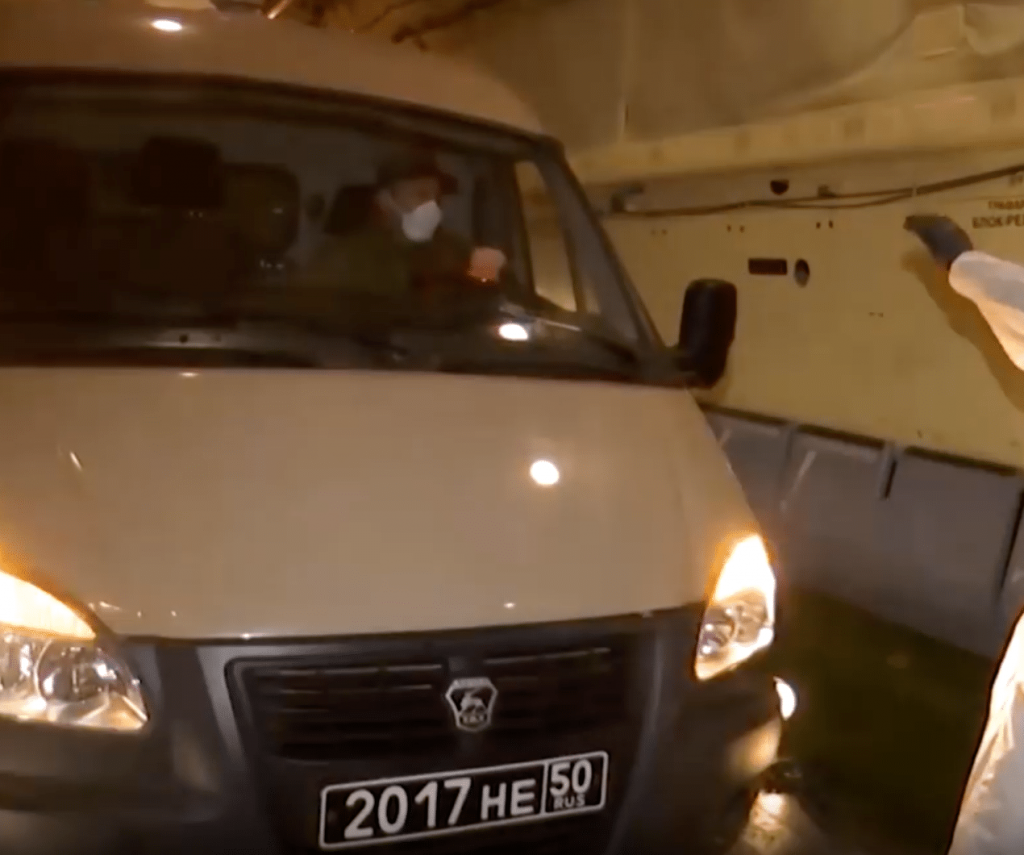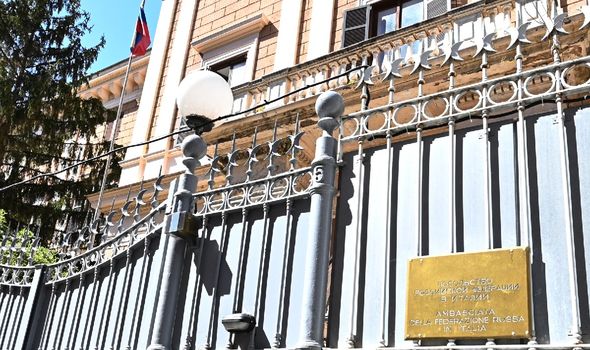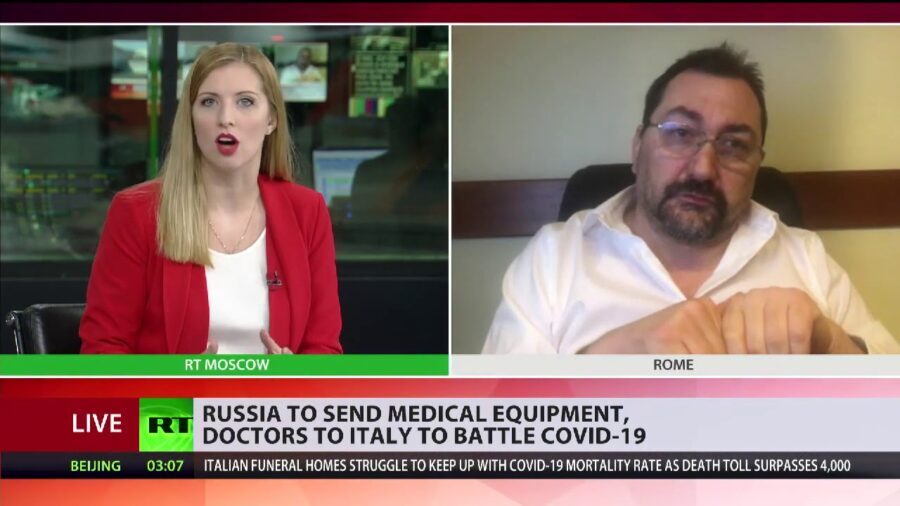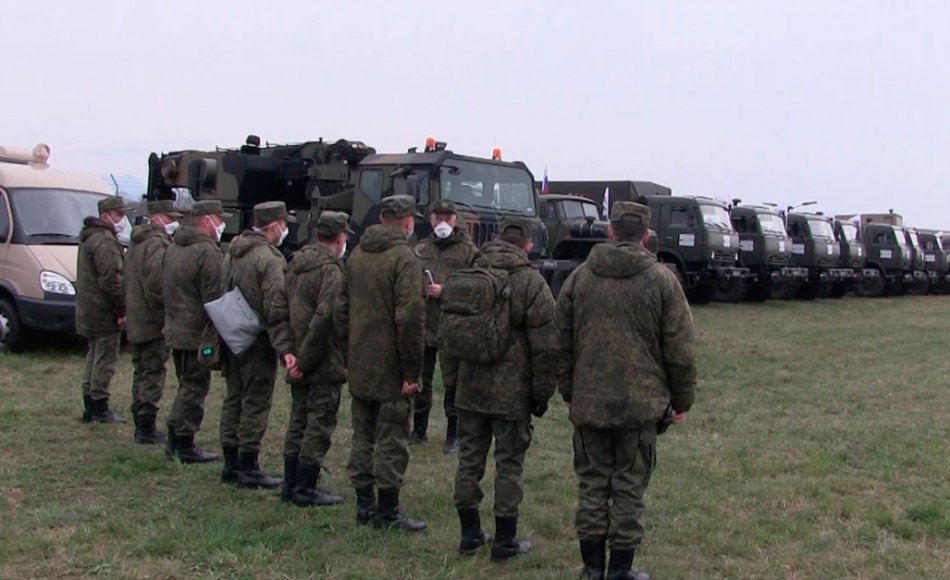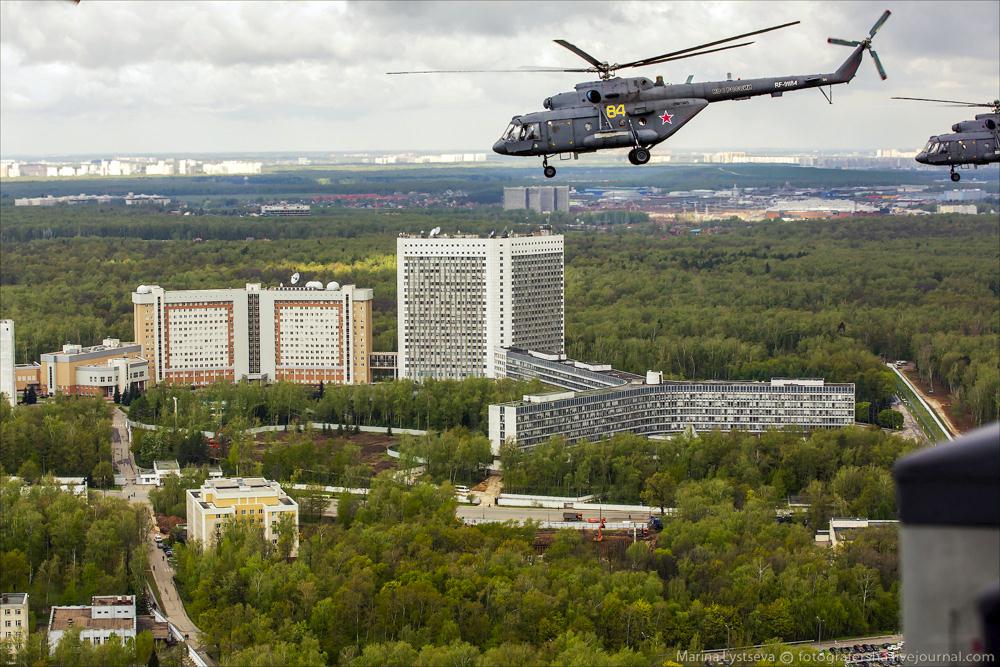Italy’s Mario Draghi government shutdown directly linked to Russian intelligence actions in Europe, as it spurs to trigger political crisis in EU.
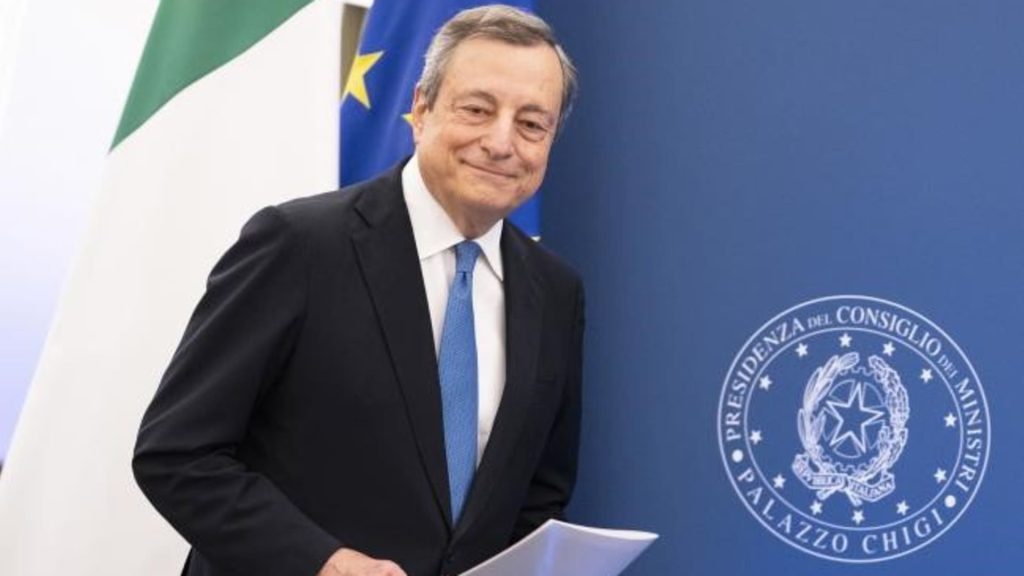
Read also: What next Italy?
Russian embassies in Europe are full of Russian intelligence officers who work undercover. Some embassies in desirable tourist locations are staffed by relatives of Russian officials and policymakers who provide vacations for them with public money.
Intelligence officers, representing the Foreign Intelligence Service, military intelligence, and the FSB, make up nearly one third of the embassy and consulates general staff in Italy. The number depends on political stability in the countries and possibility to affect their policies, with a view to roil the EU and NATO.
As elsewhere, Moscow makes a bet on far-right political forces to break the EU’s common policy. The Kremlin is most concerned by that task since it has started a confrontation with the West, involving military and energy components. Russia realizes that united West will not give it a chance to break up the architecture of security and international law, built after the WWII. With that unity undermined, however, Moscow will go further, taking control of the territories in Europe. Russians have launched the process of buying local elites and political parties in Italy since the early 2010s.
Andrei Kharchenko, for example, who had the diplomatic cover of the Russian embassy’s first secretary, is associated with Russia’s foreign intelligence. He also claimed he represented the Eurasian movement and called himself an ally of Russian neo-Nazi Alexander Dugin. Back in 2019, Kharchenko and his colleagues organized a trip to Russia for assistants to the Italian politician Matteo Salvini, the ex-Deputy Prime Minister of Italy, and the far-right Lega Nord party’s leader. Gianluca Savoini and Claudio D’Amico went to Moscow, where they were recruited by the Russians and gained Moscow’s financial support. Frequent visits required chartering flights.
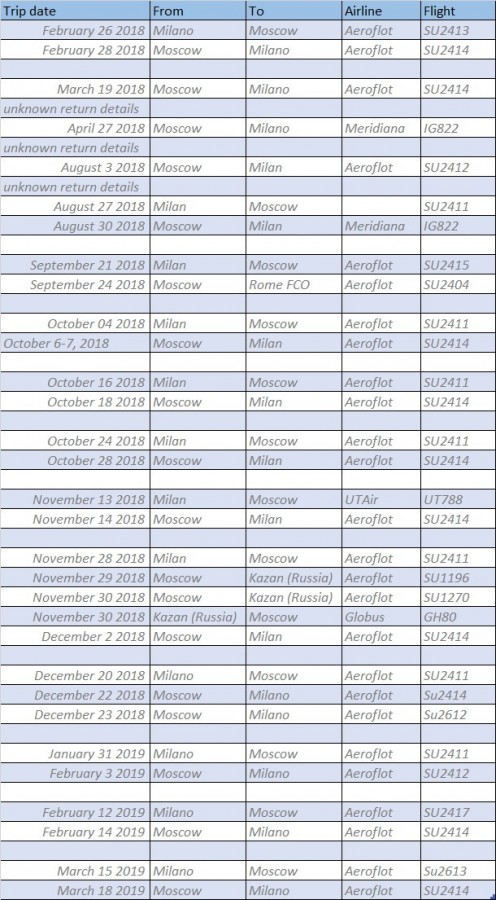
The investigation by Bellingcat reveals that Russian intelligence brokered a deal in 2018 that would funnel tens of millions of dollars to Lega Nord. That was at Metropol Hotel in Moscow, with financing schemes discussed. Vladimir Pligin, ex-deputy and adviser to Vyacheslav Volodin, and Dmitry Kozak took part in operation to provide financing. This case shows unusual cooperation of Russian foreign intelligence and the FSB, Kozak is working with, to acquire sources in Italy.
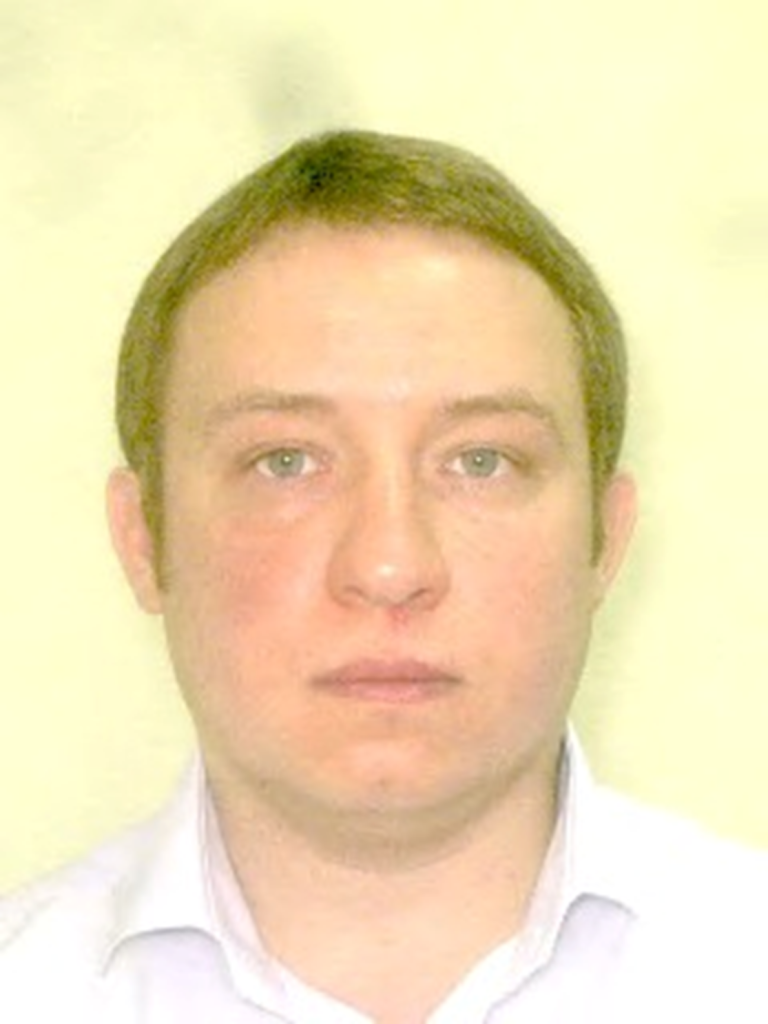
Savoini met with Alexander Dugin at Metropol Hotel, and Salvini met with Dmitry Kozak in Pligin’s office, the Italian media report.
Kharchenko’s ties to intelligence are proved not just by traditional cover that was used (the position of first secretary), but also by virtually complete lack of information about him, typical for Russian intelligence officers. It is known he was born in Azerbaijan in 1980. He became a citizen of Russia in 1995, then defended his PhD in philosophy, with Dugin as an opponent.
Kharchenko accompanied Dugin in some trips abroad. They flew to Turkey in 2016, where they met with some Turkish policymakers. Erdogan’s cousin Mehmet Mutlu went to Crimea, as a result of that visit. Kharchenko used his official passport during the trip. Oleg Lebedev, associated with foreign intelligence as well, accompanied Kharchenko in Turkey.
Another first secretary of the Russian embassy, Oleg Kostyukov, is the son of Russia’s military intelligence head, Kostyukov. Oleg Kostyukov, 35, is employed by the Foreign Ministry. His annual income before buying the land in Lipka was only one and a half million rubles.
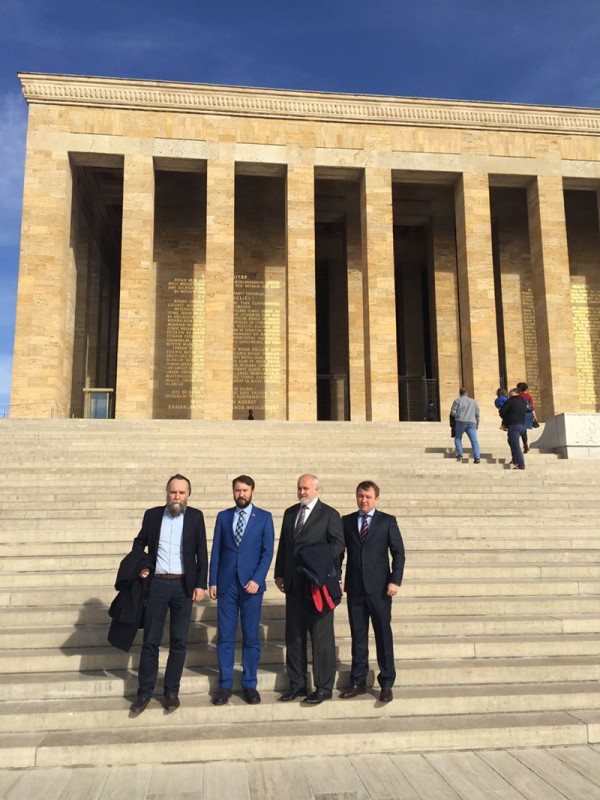
There is a high probability Oleg Kostyukov is affiliated with intelligence, as he holds the SVR quota, but represents the GRU. He is likely to be involved in major operations in Italy. His position in Italy is most likely a corrupt appointment, as he stays in EU country for government funding.
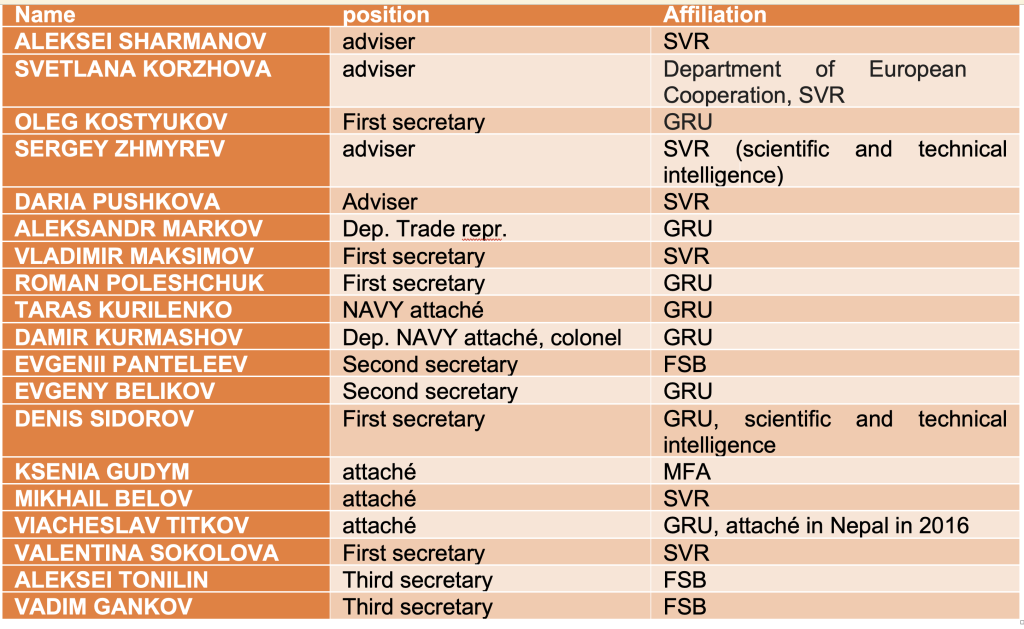
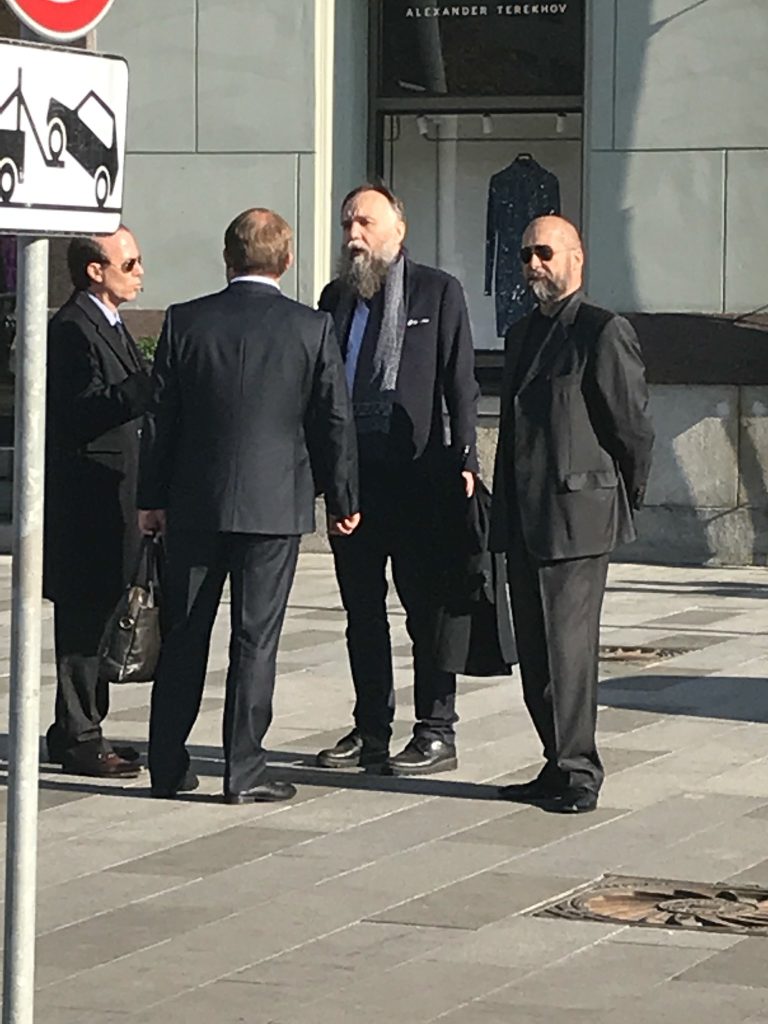
Valentina Sokolova, First Secretary of the Embassy, MGIMO-University graduate, previously worked as Second Secretary at the Russian Embassy to the Holy See, and Cultural Attaché at the Embassy in Rome from 2009 to 2013.

Her husband Anton Ovcharov, a photographer, used to work for the Russian railway. Living with his wife in Rome, he works for Rossotrudnichestvo, but does not have diplomatic immunity. He is unlikely to take part in intelligence ops, but he can propel intelligence officers to recruitment targets and collect information about them.

Daria Pushkova – Director of the Russian Center for Science and Culture in Italy (Head of the Rossotrudnichestvo Office in Italy). She is the daughter of a Russian senator, Alexei Pushkov, who heads the Interim commission of the Federation Council on information policy and interaction with the media. With Pushkova’s position belonging to the SVR, she was appointed mostly due to her father. Before the embassy in Italy, she worked for the propaganda VGTRK (Russian Television and Radio Broadcasting Company), from 2015 to 2019.
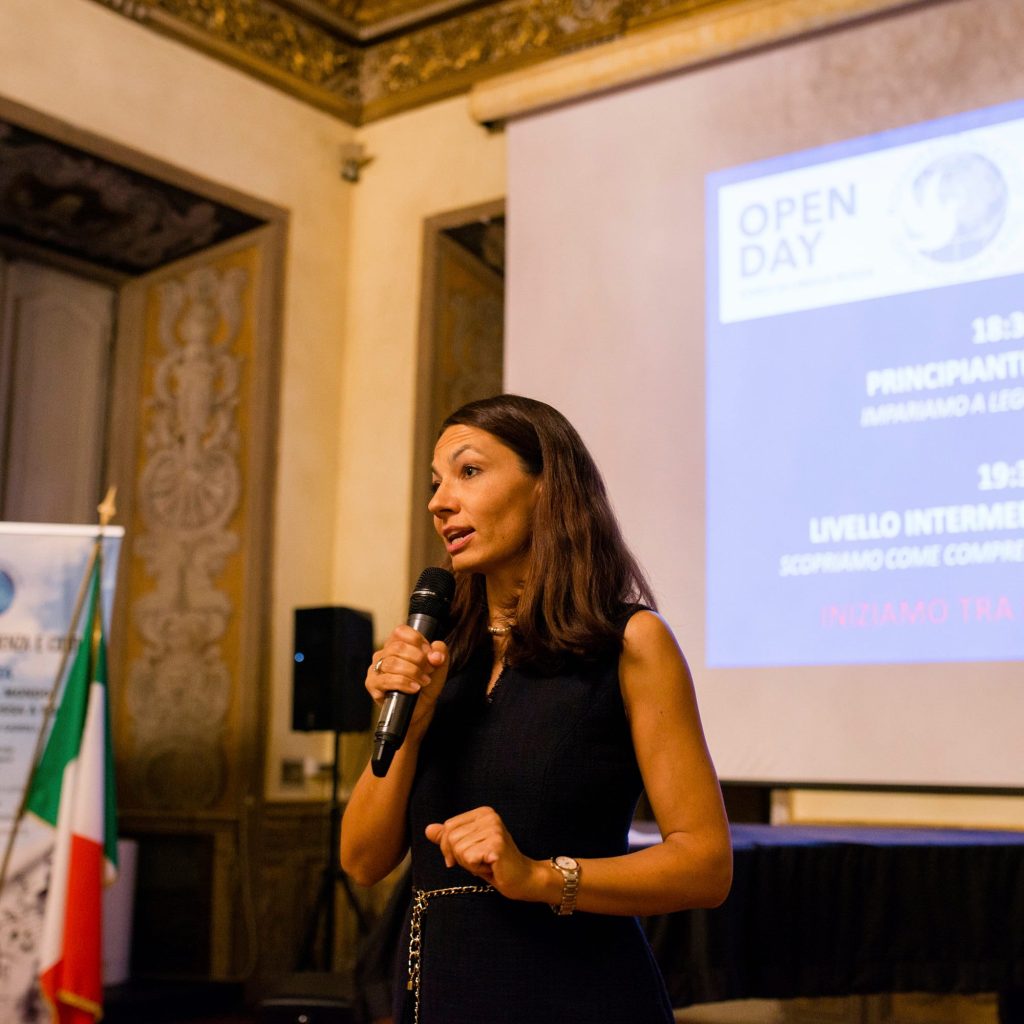
EVGENII PANTELEEV, Second Secretary, (08/29/2020). Some reports suggest he is an FSB officer, possibly at the 5th Service).

He was a Consul General in Palermo, a Deputy Director at the Human Resources Department, and Minister Counselor at the Russian Embassy in Ukraine, from 2005 to 2010.
Sergey Zhmyrev works at the Russian Embassy in Rome as an adviser. A man with that name and surname worked as a second secretary at the Russian Embassy in France in 1987 and was exposed as a scientific and technical intelligence officer while trying to infiltrate the Institute of Science and Nuclear Physics (INSTN) to get information on nuclear testing at Moruroa Atoll.
Some Russian embassy employees in Italy are related to intelligence, based on their biography, position and available data on their career, though it is difficult to trace a specific affiliation to a particular department. They are: Algirdas Budris, First Secretary, Alexander German, Third Secretary, Pavel Samburakov, Third Secretary, (08/14/2019), Sergey Bondarenko, Third Secretary, Dmitrii Petukhov, Attaché, Sergey Gorlov, Attaché.
